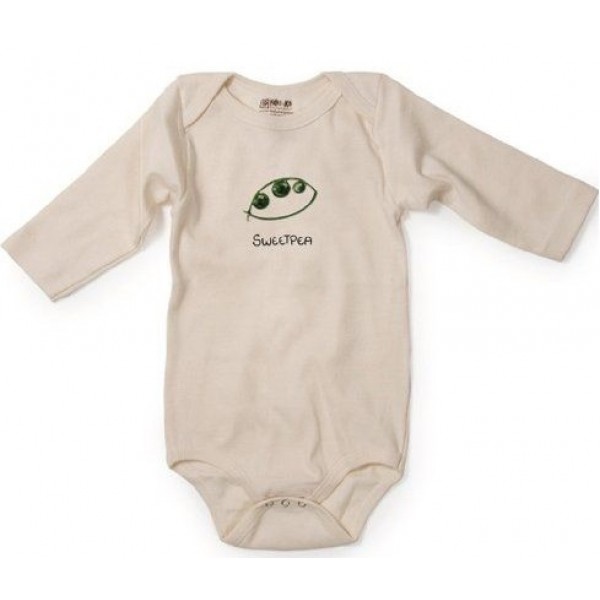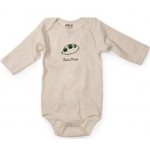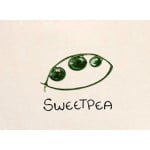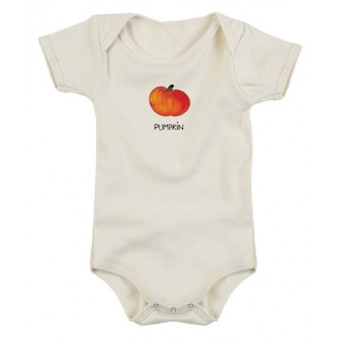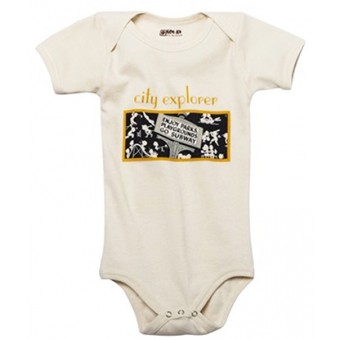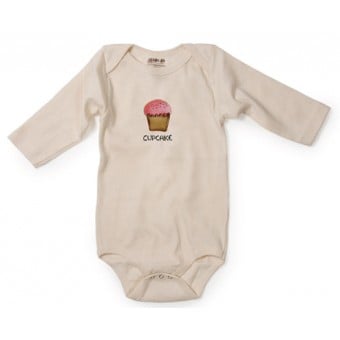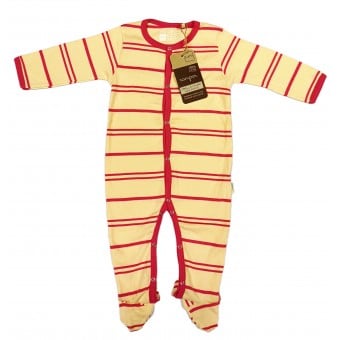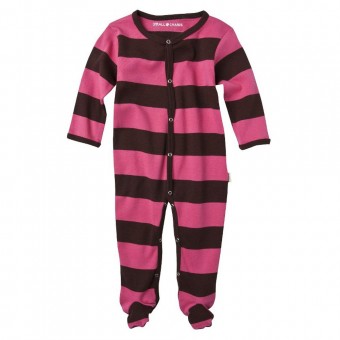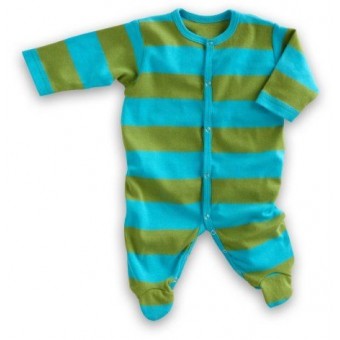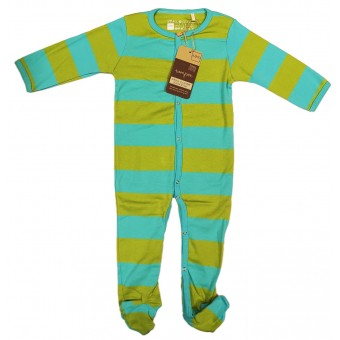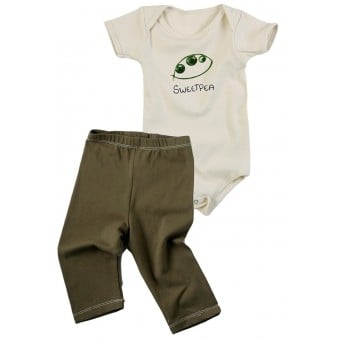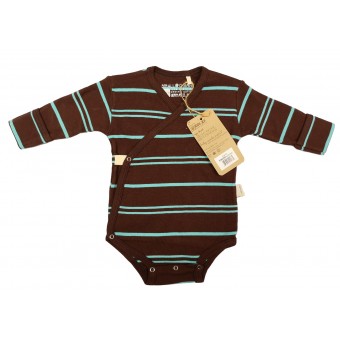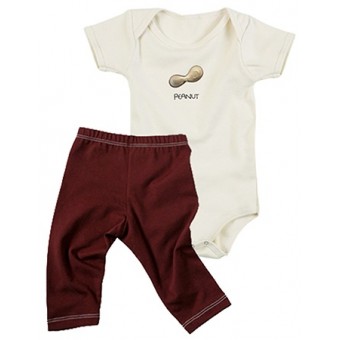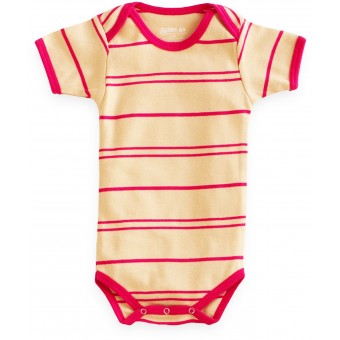-
+
-
Food
+
Food
-
Feeding
+
Feeding
Brands in Catagory
-
Health
+
Health
Brands in Catagory
-
Outing
+
Outing
Brands in Catagory
-
Home
+
Home
Brands in Catagory
-
Sleeping
+
Sleeping
Brands in Catagory
-
Education
+
Education
Brands in Catagory
-
Book / CD
+
Book / CD
Brands in Catagory
-
Playing
+
Playing
Brands in Catagory
-
Wearing
+
Wearing
Brands in Catagory
-
Cartoon Characters
+
Cartoon Characters
Brands in Catagory
-
Jellycat Station
+
Jellycat Station
-
Gifts
+
-
My Pets
+
-
Clearance
- Swim Wear Clearance
- Sleeping Clearance
- Carseat Clearance
- Wall Decorations
- Baby Carrier Clearance
- Feeding Clearance
- Stroller Clearance
- Clothing Clearance
- Book Clearance
- Bathing/Toilet
- Clearance Toys
- Bag / Luggage
- Books/CDs
- Electronic / Electric Item
- Aprica
- B&H
- Babisil
- Baby-Nova
- BabyFEHN
- Babymate
- Bambino Mio
- Barron's
- BEABA
- Belly Bandit
- Benbat
- Bibetta
- Bloom
- Bravado
- California Bear
- Charlie Banana
- Clementoni
- Cuski
- Cybex
- Diono
- Ecomom
- Egmont
- Ergobaby
- Grubby Bubby
- GUND
- I-Angel
- iPlay
- Itzy Ritzy
- Ju-Ju-Be
- Kee-Ka
- Koolsun
- Krooom
- Label Label
- Lascal
- LÍLLÉBaby
- Lisciani
- LittleLife
- Love To Dream
- Lucky Baby
- Medela
- Melissa & Doug
- Moo Moo Kow
- Mum2Mum
- Others
- OXO
- Peaceable Kingdom
- Peacock
- PearHead
- Pediped
- Petite Creations
- Philips Avent
- Plage
- Playtex
- Precidio
- Scholastic
- Skip*Hop
- The Cuties and Pal
- Thermos
- Tiny Love
- Tommee Tippee
- TotSeat
- Trunki
- Tum Tum
- Twin Sisters
- Under the Nile
- Usborne
- Vulli
- Zoli
Clearance Brands:
Organic Cotton L/S Bodysuit - Sweetpea (6-12M) - Kee-Ka
Free Local Delivery (HK) for Orders over HK300
Extra 2% Off - Payment by FPS (HK)
What is organic cotton?
Organic cotton starts with organic farming practices, which use seeds that haven't been genetically modified or treated with pesticides. Pest control is accomplished through the use of natural predators and other natural practices. From growth through harvest, the process is monitored according to a set of Organic Growing Standards adopted by governmental bodies.
Why is organic cotton better for the environment?
Cotton crops comprise less than 3% of the world's agriculture, but use 25% of the world's insecticides. It takes about one third of a pound of these chemicals to produce enough cotton for one t-shirt. Seven of the most common pesticides used on cotton are "known, probable, or likely" to be human carcinogens according to the EPA, and are also thought to cause, among other health risks, birth defects and nervous system disorders.
Pesticides impact the soil, water and air that we all share. Regardless of where cotton is grown, the pesticides used often find their way into the human food chain. For example, cottonseed oil is used in processed foods, and beef and dairy cows are fed cotton straw and other cotton waste. Many food crops are often grown in rotation with cotton.
Is the dyeing process harmful to the environment?
According to experts, conventional clothing dyes can cause a wide variety of health problems for people with chemical sensitivities. It is often the dye fixative used to bond the dye color to the fabric that causes the most problems. Toxic chemicals sometimes found in the dyeing process include, Dioxin, Formaldehyde, and heavy metals such as chrome, copper, and zinc. These chemicals are absorbed through the skin.
Toxic chemicals from dyes also create severe environmental damage. Large amounts of water are required to flush conventional synthetic dyes from garments. Theoretically, this waste water must be treated to remove the heavy metals and other toxic chemicals before it can be returned to water systems, sewers, and rivers; however this does not always happen.
How can dyed organic cotton be certified?
In order for products to meet organic certification, only low-impact fiber-reactive dyes may be used. Fiber-reactive dyes are synthetic dyes that chemically bond directly to the clothing fiber molecules. The fixation or absorption rate of low-impact dyes is at least 70%, creating less waste-water runoff and therefore a lower impact on the environment. Recent advances have created fiber-reactive dyes with colors that are brighter and richer, and they provide excellent colorfast properties. They contain no heavy metals or other known toxic substances, and they meet all European Union criteria for being an eco-friendly pigment.
Is organic cotton softer and more durable?
Since organic cotton plants aren't bombarded with toxic chemicals they tend to produce longer fibers, which yield stronger yarn and more durable fabrics. Pesticide-free long cotton fiber also feels softer, more breathable and luxurious against the skin.
Where can I find more information about organic cotton?
The Organic Exchange (www.organicexchange.org) is a good place to start learning about the cotton production choices that are available, and the key environmental, economic, and social issues associated with different methods of producing cotton.
From Kee-Ka a premium eco-conscious © 2021 Kee-Ka OrganicsKee-Ka - Organic Cotton Long Sleeve Bodysuit
- natural color
- super-soft 100% certified organic cotton
- lap neck for easy dressing
- nickel free snaps
- machine washable and dryable
| General | |
| Place of Origin | USA |
| Made In | Israel |
Write a review
Your Name:Your Review: Note: HTML is not translated!
Rating: Bad Good
























